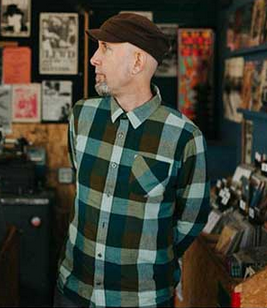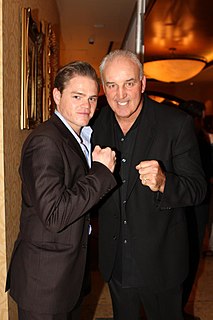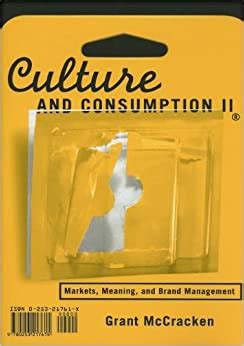A Quote by Michael Moore
I'm caught up probably just as much in the consumer culture as the next person.
Related Quotes
Hollywood is designed to check the box office on Monday morning and see: "How'd we do? How much?" It's another facet of this whole culture of accumulation and consumption. Black people are caught up in it, white people are caught up in it, white actors, black actors, female actresses - everybody's caught up in it.
When people break up, after sharing their entire souls with each other, I don't want to believe that you just switch off. There are remnants of melancholia, and there is so much that stays with you because you loved this person. Of course, it's that much more complicated when it's an interracial love or love from a person from another culture.
Historians differ on when the consumer culture came to dominate American culture. Some say it was in the twenties, when advertising became a major industry and the middle class bought radios to hear the ads and cars to get to the stores. ... But there is no question that the consumer culture had begun to crowd out all other cultural possibilities by the years following World War II.
We have a system that is deeply narcissistic - the consumer sort of capitalist culture. It's all about me and now and what do I need that just makes you feel a bit better with all the stress. But in other healthy cultures, they have a real sense of ancestor and a sense of the next seven generations.
I think so much of our society is geared towards mainstream media and pop culture and so forth. And there's a huge divide between the artist and the fan. And with indie culture that wall is removed. You actually do see the musicians walking around enjoying the show. It's a distinctly different culture and for the 99% of Nirvana fans that caught up with them with Nevermind, my book is gonna give them a whole different take on Kurt [Cobain] and the band.
In the consumer culture of marriage, commitments last as long as the other person is meeting our needs. We still believe in commitment, because we know that committed relationships are good for us, but powerful voices coming from inside and outside tell us that we are suckers if we settle for less than we think we need and deserve in our marriage. Most baby boomers and their offspring carry in our heads the internalized voice of the consumer culture-to encourage us to stop working so hard or to get out of a marriage that is not meeting our current emotional needs.





































